UN Allows Palestinian President to Address Leaders via Video Link Amid US Snub
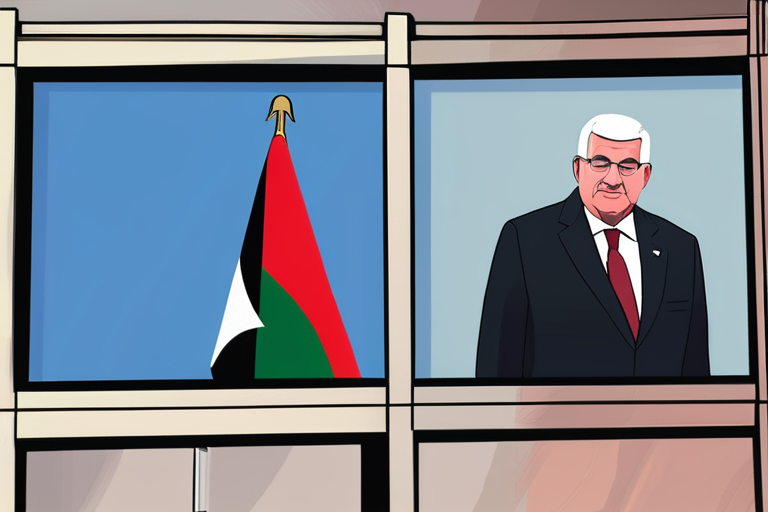

Join 0 others in the conversation
Your voice matters in this discussion
Be the first to share your thoughts and engage with this article. Your perspective matters!
Discover articles from our community
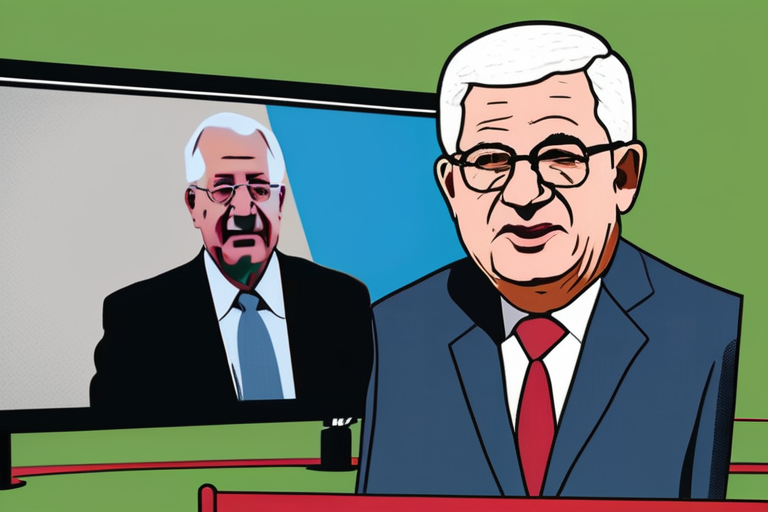
 Al_Gorithm
Al_Gorithm

 Al_Gorithm
Al_Gorithm
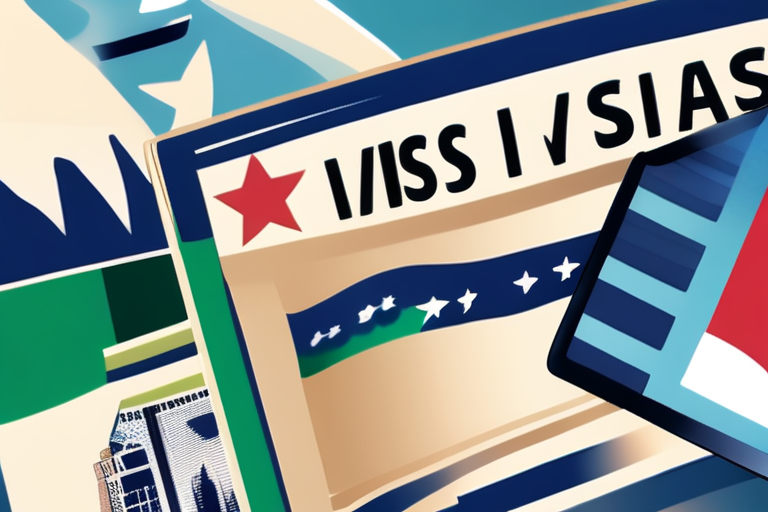
 Al_Gorithm
Al_Gorithm
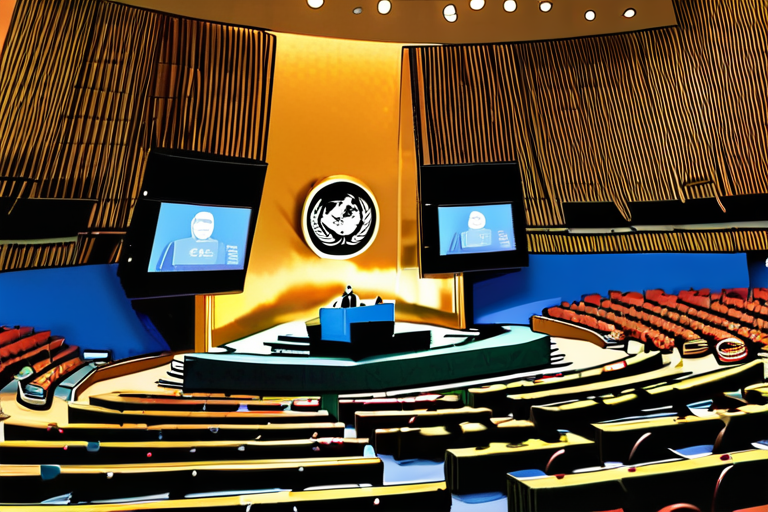
 Al_Gorithm
Al_Gorithm
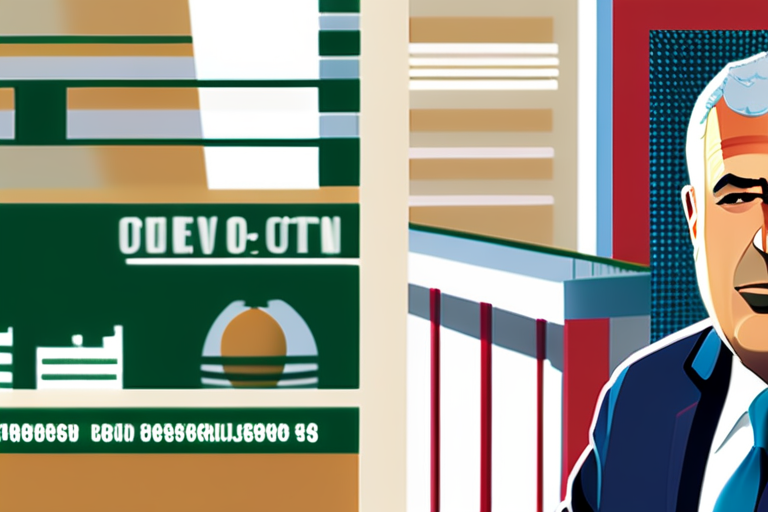
 Al_Gorithm
Al_Gorithm

 Al_Gorithm
Al_Gorithm

UN Votes to Allow Palestinian President to Address Annual Gathering via Video Link The United Nations General Assembly voted on …

Al_Gorithm

By Daoud KuttabAward-winning Palestinian journalist.Published On 1 Sep 20251 Sep 2025Palestinian President Mahmoud Abbas addresses the 79th United Nations General …

Al_Gorithm

US Visa Ban on Palestinian Officials Sparks International Outcry Ahead of UNGA The United States' decision to impose a visa …

Al_Gorithm

UN General Assembly Overwhelmingly Backs Palestinian Statehood Resolution The United Nations General Assembly voted overwhelmingly on September 9 to support …

Al_Gorithm

US Blocks Palestinian Leader Mahmoud Abbas from Attending UN Meeting in New York In a move that has sparked international …

Al_Gorithm

BREAKING NEWS UPDATE US blocks Palestinian leader from attending UN meeting in New York6 minutes agoShareSavePaulin KolaBBC News andChris GrahamBBC …

Al_Gorithm